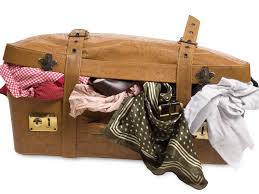The first class I taught was a fairly classic example of me
having no idea how to teach a class or knowledge of activities to use. The
children were supposed to be learning ‘What is your name? My name is..’
Assuming that the children would pick it up immediately I got them to repeat
the two sentences and set about asking them their name. It turned out none of
them could say the sentence clearly (apparently one repetition is not enough
for fluency), they didn’t actually know what it meant and besides which none of
them had English names (apparently it was my job to provide them with English
names). It was then that I realised that other than getting them to repeat the
sentences after me I had no real idea what games or activities to use, and that
I still had 35 minutes of the class left with very little idea of what to do in
it. Talking to some of the teachers who were in their second year was greatly
helpful as they were able to tell me a variety of games and activities that
could be used when teaching words and sentences. The other thing that I learnt
by experience was how quickly (or slowly as is usually the case) to cover
different topics and how to go through things in a step by step manner that the
students can understand. Once I had a better knowledge of how to actually teach
and what to do in the classroom the confidence just came with it.
I still remember the turning point when I reached the lofty
heights of being a semi-competent teacher. Having wrapped up a class on prepositions
of place, which some of the students even understood, I turned to my co-teacher
to see her grinning at me. After asking what was making her smile she replied
that that class was actually ‘quite good’ – it only took two months.

















